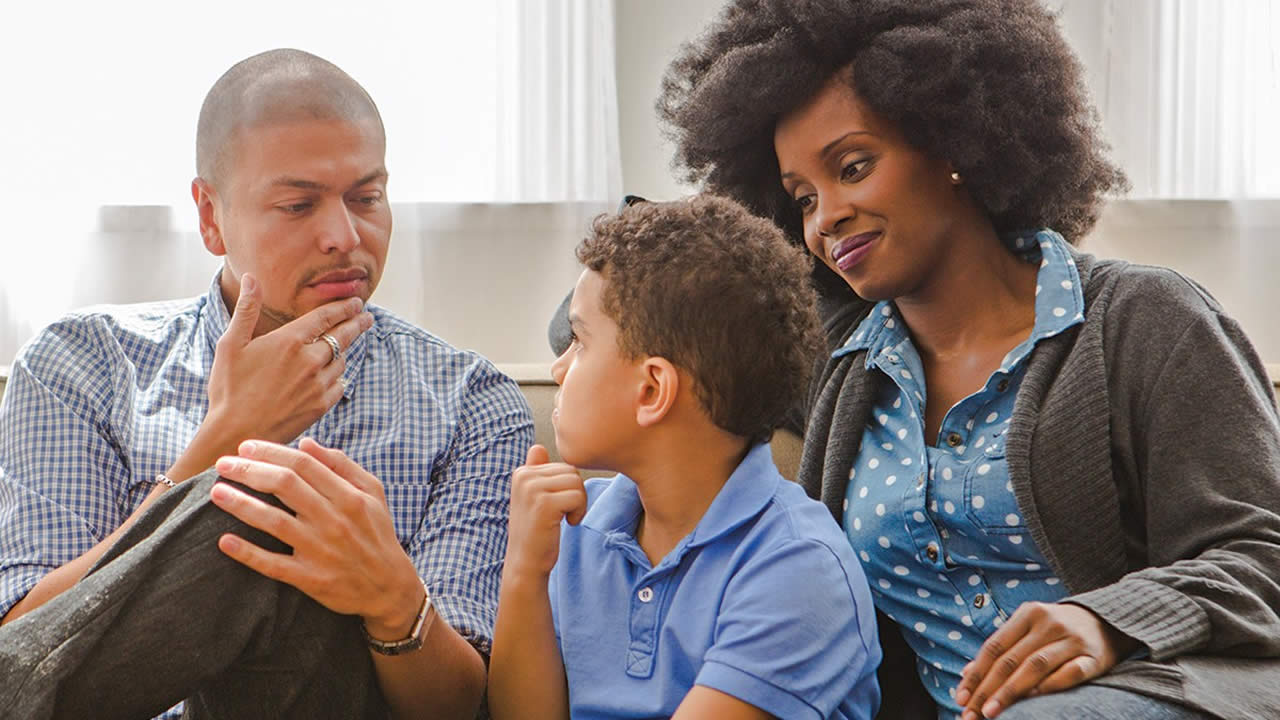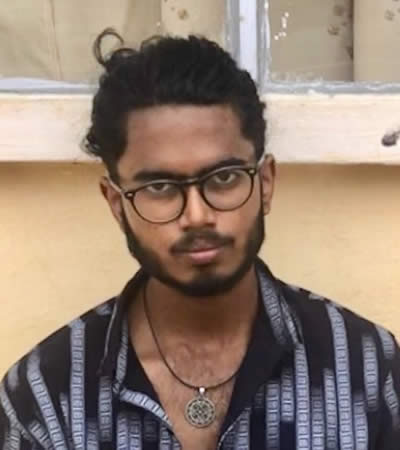
The Momo challenge has created much stir around the world. This made us realize how vulnerable our young people are. Who is to be blamed for such a situation? Are parents giving too much freedom to their children? Are our children so gullible?
 Bhavini Devi Sookaloo : “Youngsters do not perceive the real dangers”
Bhavini Devi Sookaloo : “Youngsters do not perceive the real dangers”
Bhavini Devi Sookaloo explains that the internet is a double-edged sword. “The fact that young people are most likely to be victimized is evidence to how vulnerable they are. Their exposure to the internet is considerable. Seeing their vulnerability, the degree of control and liberty parents exert while their children are on their phone or laptops is questionable. The majority of youngsters do not possess the appropriate social skills to interact with others. The negative culture of phone addiction affects different spheres.”
She believes that youngsters do not perceive the real dangers of the over exposure of the internet. “The cyber security of Mauritius should work collectively with the Ministry of Education to highlight the severity of cyber dangers. Educational institutions should be targeted to impart the knowledge of protecting oneself through safe use of internet. Moreover, youngsters should step out of their comfortable screens and face the realities of the real world. They could engage in more social work by being part of youth clubs to inculcate the skills needed for self-development and for their future professions. They could develop keen interest in sports or other particular fields of interest in order to be spared from malicious damages through over exposure of the internet.”
 Krishna Pentayah : “Regular discussions between parents and children needed”
Krishna Pentayah : “Regular discussions between parents and children needed”
Youngsters are irresistibly drawn to explore the unknown, which can get them into trouble, says Krishna. “Giving young people an overabundance of internet freedom would add to the turmoil; similar to an aquarium-fish discovering the vast ocean for the first time, unassisted and uneducated youngsters would feel overwhelmed. Just like a newborn, the vulnerable would be in dire need of attention and love to fill up his emptiness. He would turn towards the last resort: Strangers. The easiest way to have access to them is through social network.”
He states that even though the Momo challenge has been proved a hoax, it is a sheer proof of how vulnerable youngsters are towards social media. “Regular discussions between parents and children can act as a protective factor, helping to decrease vulnerability online. The conversation can start with their favourite online activities, move on to their knowledge of the associated risks and then explore whether they are currently worried about anything online. Parents must thus be aware of internet changes and the damages that may ensue. Depending on what is agreed, the parents could check their children’s profile regularly by respecting the boundary of intimacy.”
 Khooshita Khadoo : “Parents should be vigilant”
Khooshita Khadoo : “Parents should be vigilant”
The Momo challenge, which has reemerged, may indubitably suggest a lack of parental control as a potential cause, points out Ishika. “Parents should be vigilant about what their child is doing online. YouTube, for instance, has made a plethora of nefarious contents accessible to anyone. Pornographic contents continue to seep into these video platforms making our kids more vulnerable. Moreover, the immaturity of the youth makes it easy for them to act unwisely, not considering the long-term implications of their actions. For example, one of the main areas of cybercrime is child pornography. Children become prey to such offences at an early age.”
She highlights that parents need to be active in their child’s digital lives and safeguard them every time they are online. “They should be able to talk to their kids about how information is posted on the internet and warn them of the potential threats. Once they are equipped with the right information, they will be more careful. In case of cybercrimes, this can be tackled by close cooperation between parents and other authorities, such as the government and teachers working together to curb this scourge.”
 Hitasha Kisoon : “Young children should be monitored”
Hitasha Kisoon : “Young children should be monitored”
Fast-paced technological widespread accessibility of technology has transformed societies around the world, believes Hitasha Kisoon. The unprecedented access to technologies has resulted in technology becoming thoroughly embedded in our lives. The change in lifestyle of the upwardly mobile population together with an increasing number of dual-working parent households has caused children to be latchkey and the lack of time for face-to-face socialization between parents and children has been replaced by the internet.”
Difficulty in self-regulation, curiousness, lack of awareness of privacy compromises and exposure to inappropriate content as young people navigate the waters of social media have all increased the vulnerability of youth to internet dangers, she adds. “A decentralised social life in a virtual setting has emerged, causing the young ones more prone to Momo challenge, pornography and cybercrimes.
However, young children should be monitored at all times when accessing the internet. Parent control options should be employed to ensure children do not view less appropriate contents. Parents need to learn to interact and help their kids benefit from the internet while protecting them. Teachers at school, too, should talk regularly about e-safety with children and give them advice when facing dangers. At last, each youngster should act responsibly while surfing on the internet.”
 J'aime
J'aime













